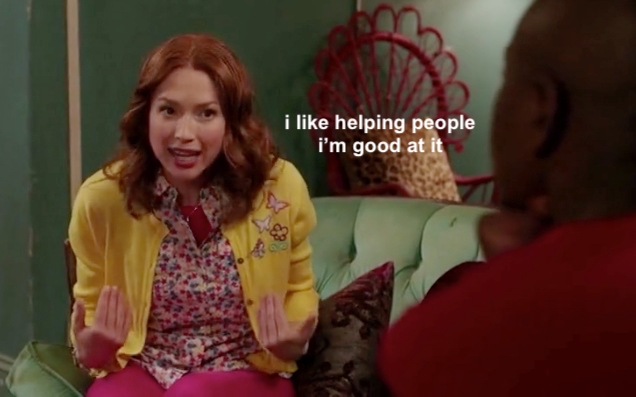
Let’s be honest – lately it kind of feels like the world is going to hell in a handbasket. That absolutely doesn’t mean you HAVE to end up in a job that changes the world, but if you’re feeling helpless and want to help, it could just be the perfect solution.
It was an avenue of work that Luke Barbagallo decided to take after completing his Bachelor of Business (Entrepreneurship) degree at RMIT.
He’s currently working as the Partnerships and Programs Manager at non-profit organisation The Pollinate Group. They identify, train and develop women to become entrepreneurs while distributing life-changing household products – like solar lights and cooking appliances – to families in their area living on less than US$1.90 a day.
“We’ve reached more than 630,000 people across India and Nepal and empowered more than 650 women to bring positive change in their communities,” he says. “Our network is committed to reaching the communities nobody else will.”

It might seem strange that a business degree can lead to such a role, as there is often confusion around how to get into the non-profit sector. What you have to remember is that these businesses still require all the job roles that others do to run.
“I’ve always wanted to work in the not-for-profit/ social enterprise sector,” explains Luke, “as I see the potential impact that applying entrepreneurial thinking and strategy to social issues can have”.
“Working in this sector to me is about leveraging profits to create benefit for stakeholders and beneficiary communities, rather than shareholders.”
He’s not alone in using a business degree for non-profit purposes either, despite a stereotype that this type of degree is only to make a big fat paycheck no matter the cost.
“Working in the non-profit sector teaches perspective, patience, resilience and also gives you a sense of professional value and impact.”
“So many colleagues and associates that I have in the sector have got some form of business degree,” Luke says, “and with the growing interest in B-Corporations, social enterprises and ‘for-purpose’ business, I believe increasing numbers will see business degrees as a pathway to having a social impact in their careers”.

It’s an attitude that Luke feels his entrepreneurship degree helped foster, helping create a “solutions mindset” that was goal-driven.
“The program gave me a diverse foundational understanding of all the various elements of a business that need to be firing in order to achieve strong outcomes. The same principles are necessary for running a successful social enterprise or charity.”
If this is setting your little socially conscious heart and business conscious head a-flutter, Luke has some parting advice to you if you’re hoping to find your way into a non-profit career.
“Test the waters by volunteering in areas that you think you’ll love and areas that you think you’ll dislike. You might be surprised by what actually motivates you.”



